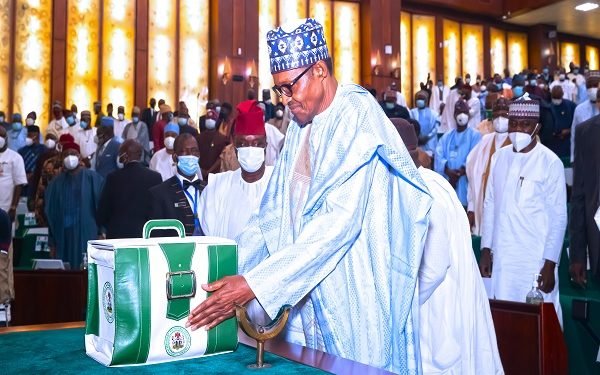Several stakeholders in the agricultural sector have called on the government to take a second look at the proposed 2021 budgetary allocation to the sector, noting that it will make no meaningful impact on the nation’s agricultural production.
In separate interviews with journalists, stakeholders tasked the government with honoring the Maputo agreement signed by African countries on budgetary allocations to agriculture, stating that the allocation is inadequate for the sector.
The allotment proposed is less than 2 percent of the budget, a number inconsistent with the Maputo agreement of which Nigeria is a signatory. According to that agreement, 10 percent of African nation budgets should be set aside for agriculture to avert food crises.
Stakeholders Canvas for Lower Interest Rate on Agriculture Loans
In simple terms, the government has budgeted N550 per person living in Nigeria to generate food for a year. Given the relatively low amount budgeted for the sector, the importation of food will likely take center stage, which could in turn threaten to deplete the nation’s scarce foreign reserves.
Ezekiel Ibrahim Mam, national president of the Poultry Association of Nigeria, stressed that the amount being allocated to agriculture in 2021 is disproportionate to the cries of Nigerians concerned about food security.
Stakeholders Demand Effective Rail Transportation for Agric Produce
“How can the country be self-sufficient in food with a population of about 200 million people, and we are allocating 110 billion naira only while about 65 percent of the population are engaged in agriculture and its related value chain?”
Femi Oke, chairman of the All Farmers Association of Nigeria Lagos State chapter, likewise said that the proposed amount will not be enough to cater for the sector and that as there is a need to increase its funding.
Conversely, President Muhammadu Buhari, while reeling out key achievements in the 2020 fiscal year during the budget presentation, stated that the government recorded appreciable success in food production through the Anchor Borrowers’ Programme and the Presidential Fertilizer Initiative.



